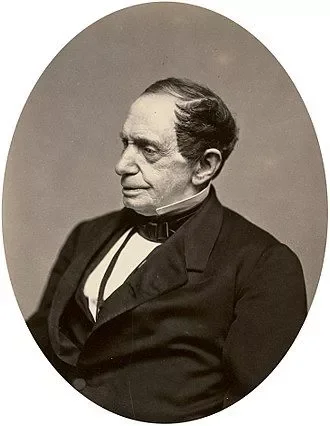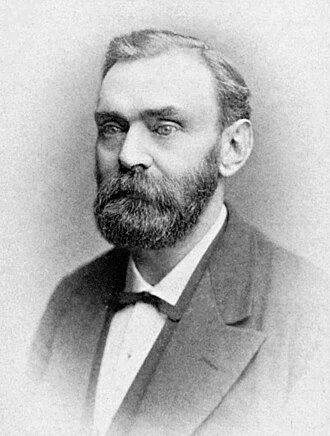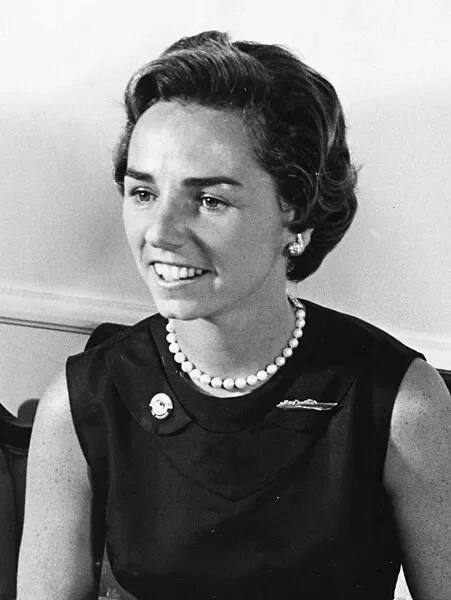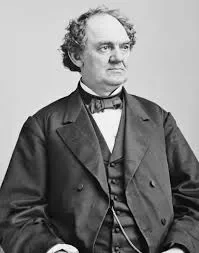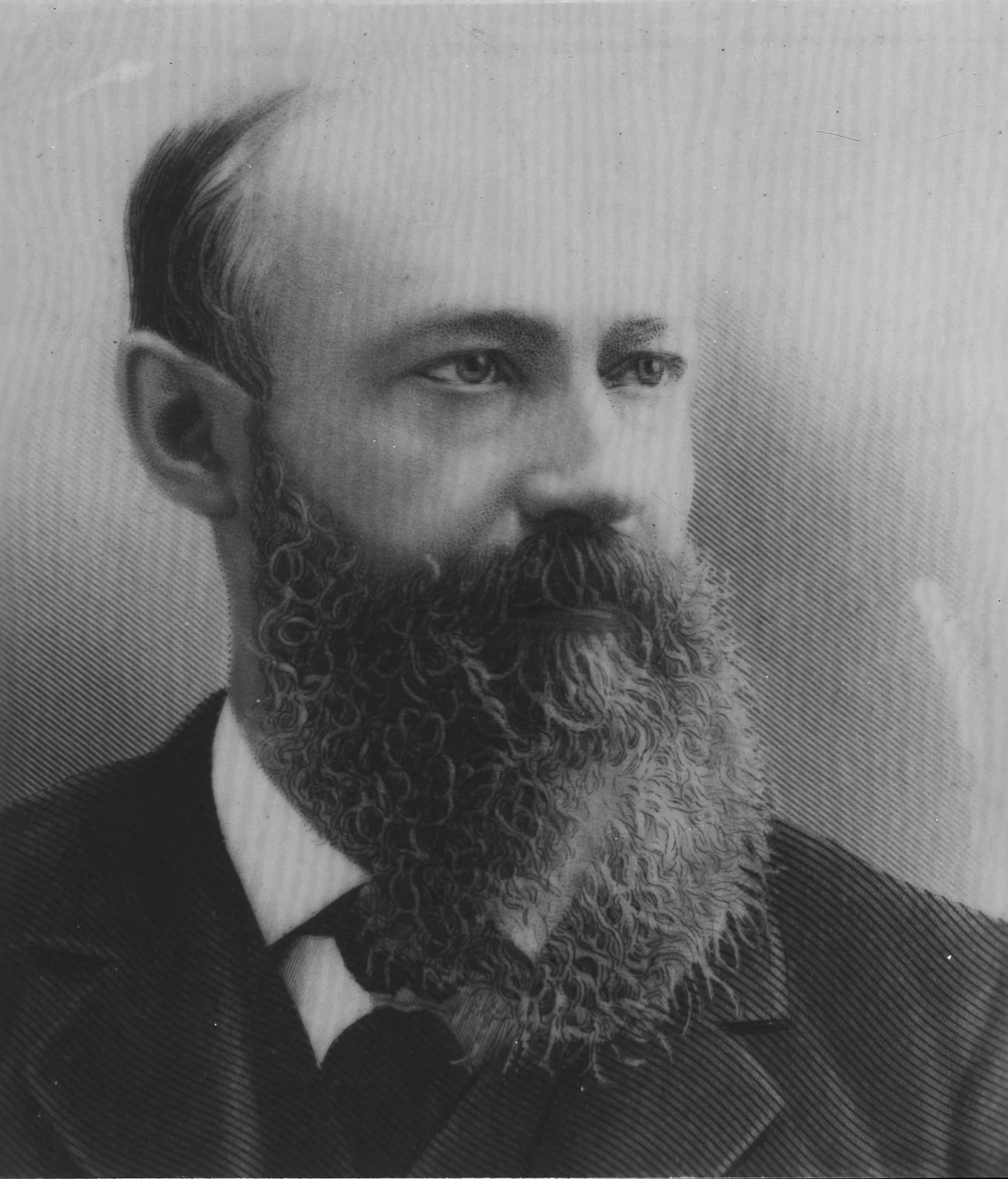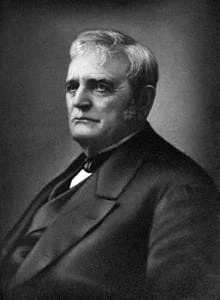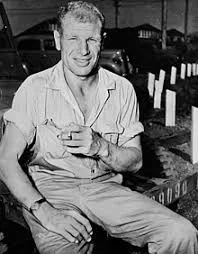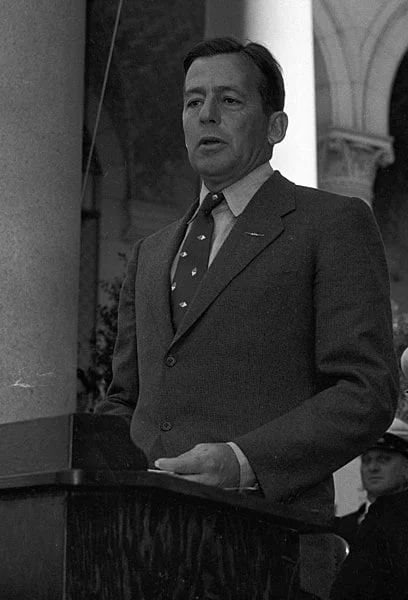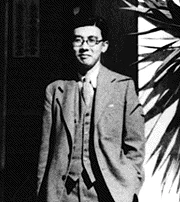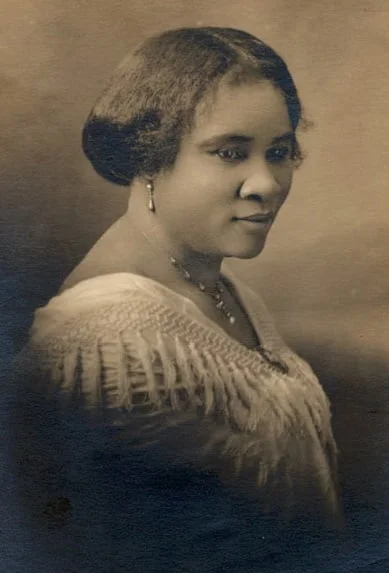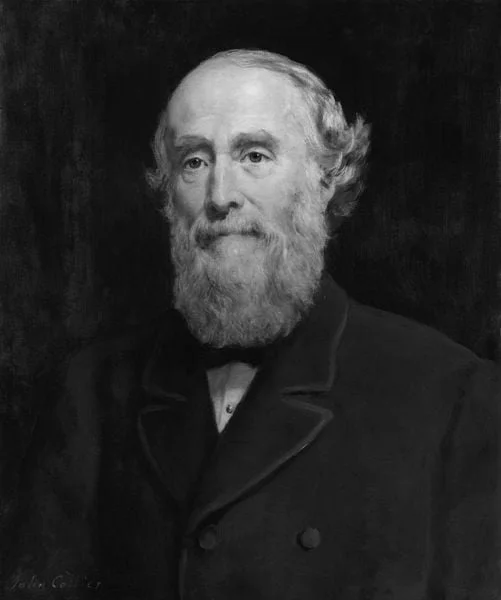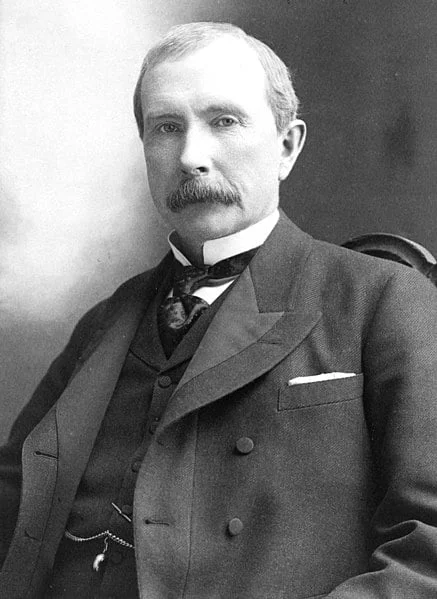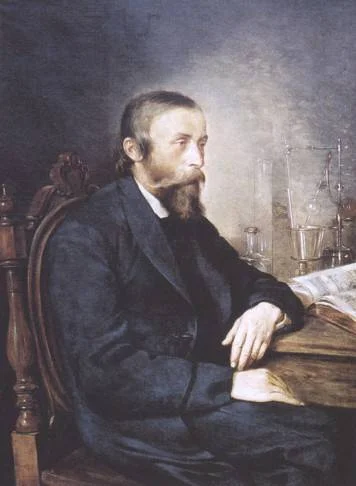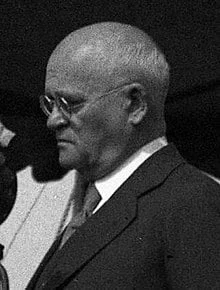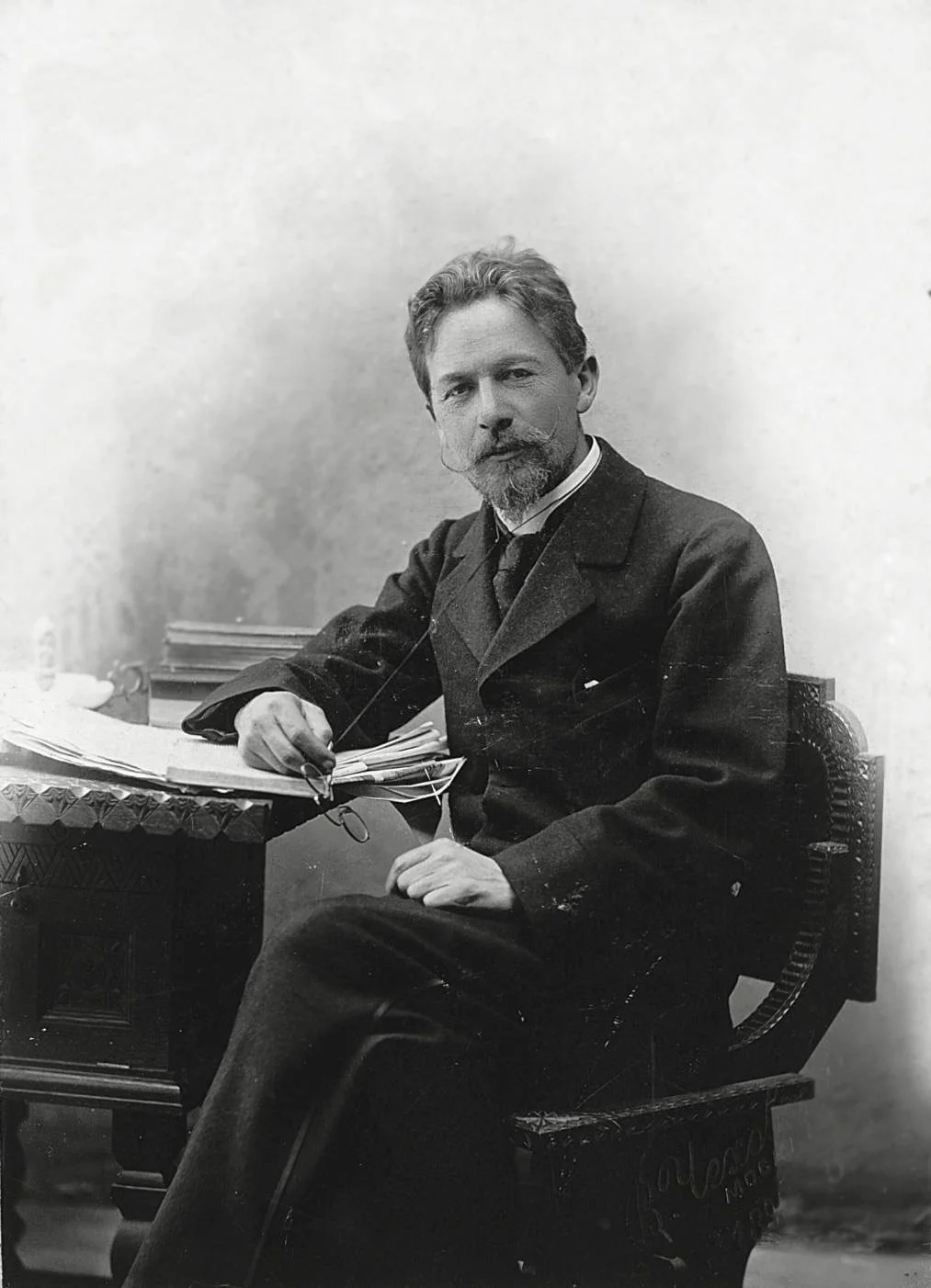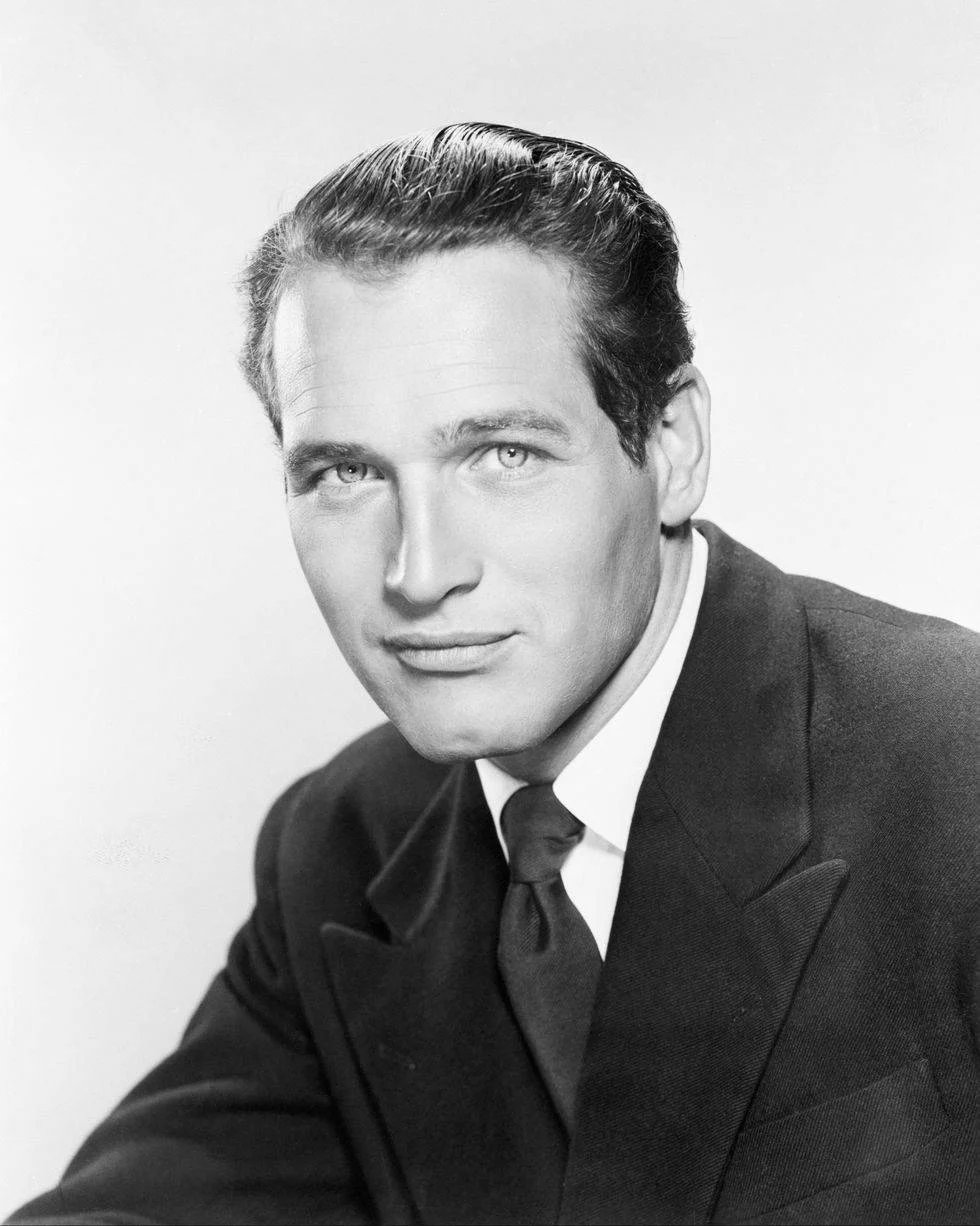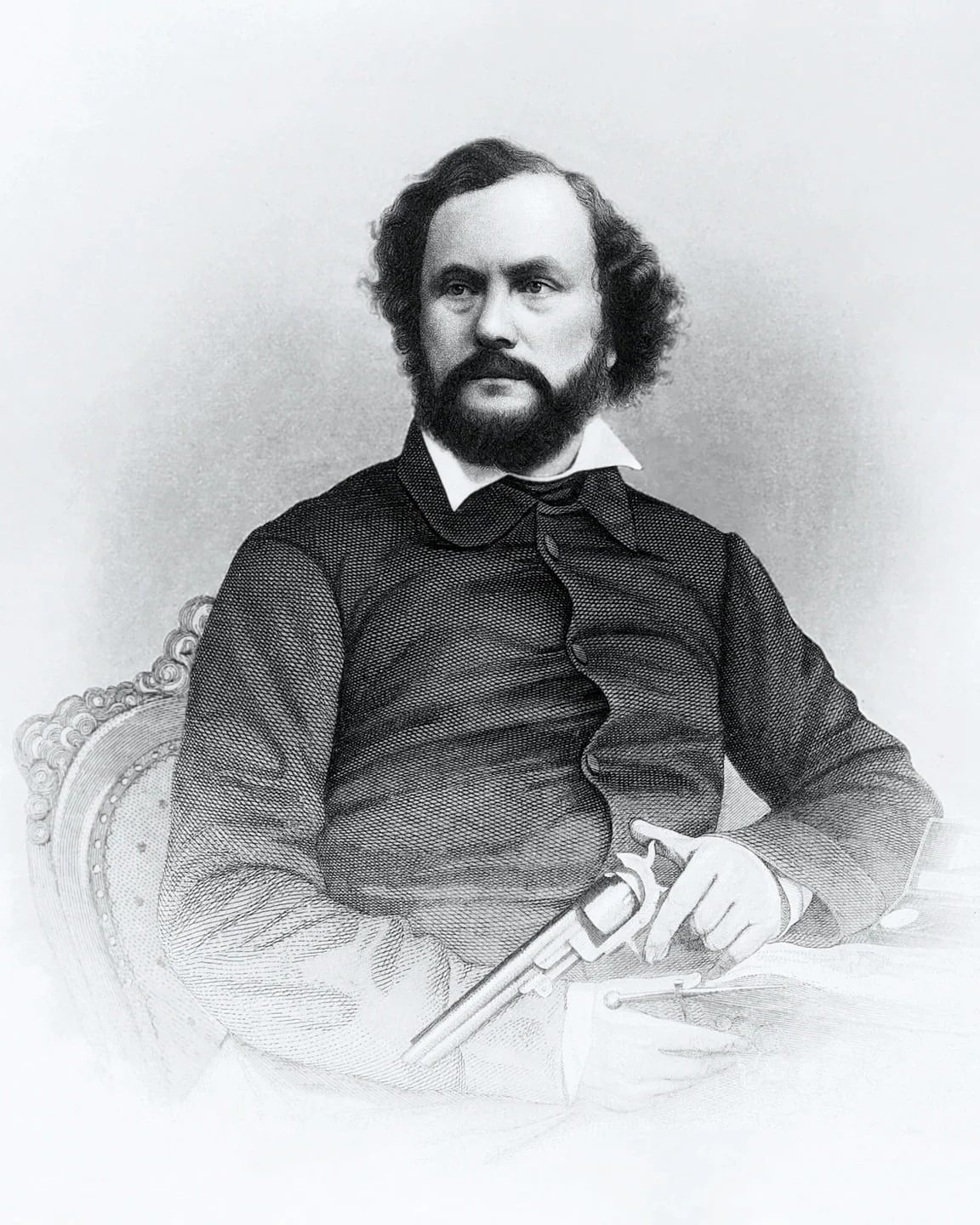Real Celebrities Never Die!
OR
Search For Past Celebrities Whose Birthday You Share
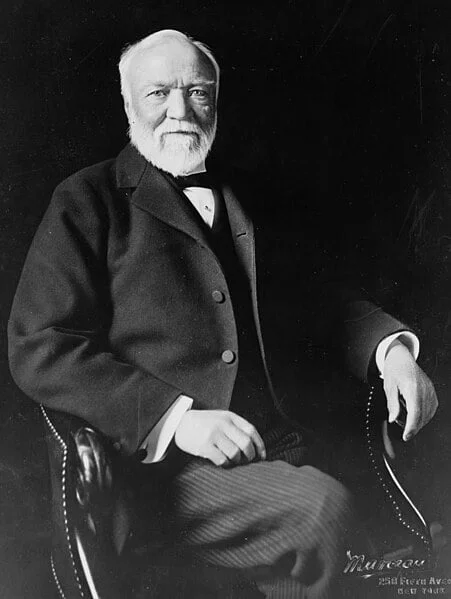
source:wikipedia.org
Andrew Carnegie
Birthday:
25 Nov, 1835
Date of Death:
11 Aug, 1919
Cause of death:
Bronchial pneumonia
Nationality:
American
Famous As:
Industrialist
Age at the time of death:
83
Andrew Carnegie's Quote's
Early Life and Immigration
Andrew Carnegie was a prominent industrialist, philanthropist, and one of the wealthiest individuals in American history. Born on November 25, 1835, in Dunfermline, Scotland, Carnegie’s life trajectory is a testament to the possibilities of the American Dream. Starting from a modest background, he climbed to become a prominent figure, molding the steel industry and making a lasting mark on charitable work.
Carnegie was raised in a working-class family in Scotland. The son of a handloom weaver, he experienced firsthand the hardships associated with poverty. In 1848, at the age of 13, Carnegie migrated to the United States with his family in search of better opportunities. They settled in Pittsburgh, where Andrew found work as a bobbin boy in a cotton factory, immersing himself in the industrial culture of the city.
Career Beginnings and Shift to the Steel Industry
Carnegie started his career in the railroad sector, holding various positions and establishing important connections. He eventually shifted his focus to the steel industry, recognizing its incredible potential. The Carnegie Steel Company was founded by him in 1875, and it would later revolutionize steel production through innovative techniques and cost-effective methods.
Building the Carnegie Steel Company
Carnegie’s business acumen and determination allowed his company to flourish, quickly transforming it into the largest steel manufacturer in the United States. Andrew Carnegie became enormously wealthy thanks to Carnegie Steel, which played a major role in the nation’s steel production by the late 1880s.
Philanthropic Contributions
Despite his immense wealth, Carnegie did not waver in his commitment to giving back to society. He became a leading philanthropist, establishing foundations and donating vast sums of money to support education, libraries, arts, and social causes. Some of his notable philanthropic endeavors include the establishment of the Carnegie Institute of Technology, which later became Carnegie Mellon University, and the founding of the Carnegie Endowment for International Peace.
Legacy in Education and Libraries
Carnegie’s most iconic contribution to education was his establishment of over 2,500 public libraries across the United States and around the world, promoting literacy and knowledge dissemination. He believed that access to education was crucial for individual growth and societal progress, leaving an indelible mark on communities.
Personal Life
While Carnegie dedicated much of his life to his business and philanthropy, he did have a personal life as well. In 1887, he married Louise Whitfield, and together they had one daughter, Margaret. Carnegie’s passion for literature, travel, and world peace influenced his personal life and philanthropic pursuits.
Death and Legacy
Andrew Carnegie passed away on August 11, 1919, due to bronchial pneumonia. He left behind a legacy of industrial innovation, philanthropy, and the belief in wealth redistribution. His ideology of the “Gospel of Wealth” proposed that the rich should use their wealth to benefit society by giving back. This concept had a profound impact on subsequent generations of philanthropists.
Conclusion
Andrew Carnegie’s life is a remarkable tale of rags to riches, fueled by hard work, ambition, and a commitment to making the world a better place. From his humble beginnings in Scotland, he became an influential figure in the steel industry, accumulating vast wealth. However, it was his unwavering dedication to philanthropy that truly defined his legacy, transforming countless lives through education and social initiatives. Andrew Carnegie will forever be remembered as a titan of industry and a beacon of philanthropy.
Name:
Andrew Carnegie
Popular Name:
Andrew Carnegie
Gender:
Male
Cause of Death:
Bronchial pneumonia
Spouse:
Place of Birth:
Dunfermline, Fife, Scotland
Place of Death:
Lenox, Massachusetts, U.S.A
Occupation / Profession:
Personality Type
Advocate: Quite and mystical, yet very inspiring and tireless idealists. He was dedicated to his ideals and served as an inspiration to people of all generations.
Although known for his business ventures, Carnegie was also a strong advocate for peace. He funded the construction of the Palace of Peace in The Hague, Netherlands, which housed the Permanent Court of Arbitration.
Carnegie began his career as a bobbin boy in a cotton factory, but he quickly moved up the ranks. He worked in various roles, including telegraph messenger, railroad employee, and telegraph operator, before eventually starting his own businesses in the steel industry.
Carnegie is best known for his leadership in the steel industry. He founded the Carnegie Steel Company, which became the largest and most innovative steel company in the world during his time.
Carnegie's most notable philanthropic endeavor was the establishment of over 2,500 public libraries around the world, known as "Carnegie Libraries." These libraries provided access to knowledge and education for millions of people.
Freedom of the City of Glasgow (1919)
Légion d’Honneur (1919)
Nobel Peace Prize Nomination (1912)
Order of the Elephant (1897

